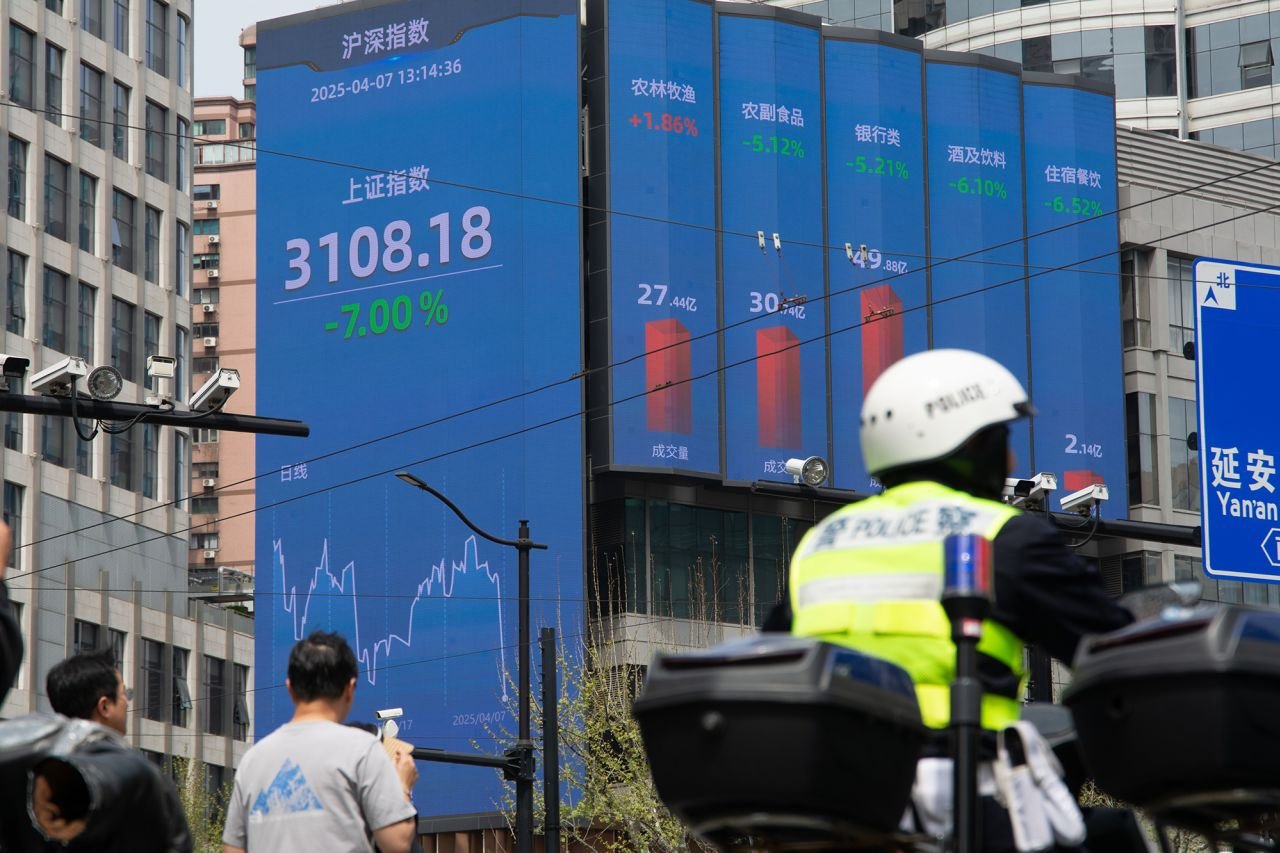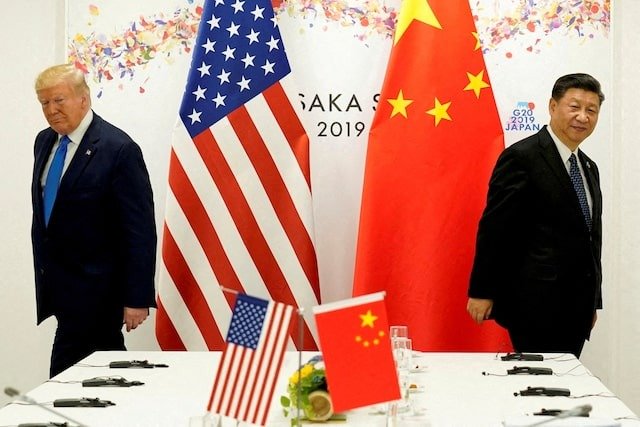The Tariff Bombshell
On March 12, 2025, US President Donald Trump imposed a 25% tariff on all aluminum, steel, and derivative goods imports. This was followed by a 25% tariff on all passenger vehicles and light trucks on April 3, with a further 25% tariff on automobile parts set to be implemented no later than May 3. The UK, which exports a significant portion of its cars to the US, was hit hard. The US is the second-largest export market for British-built vehicles, making the tariffs a severe blow to the UK automotive industry.
The Impact on Exports
In 2024, the UK exported 16.9% of its vehicles to the US, with a total value of £9 billion. The new tariffs mean that British car manufacturers face a significant increase in costs for their US-bound products. Luxury brands like Jaguar Land Rover, Rolls-Royce, Bentley, and Aston Martin, which have a substantial US customer base, are particularly vulnerable. For instance, Jaguar Land Rover, which had the US as its second-largest market in 2024, is now pausing shipments to the US to assess the new trading conditions.
Job Losses and Supply Chain Disruptions
The tariffs are expected to lead to thousands of job losses in the UK automotive sector. The West Midlands, home to many large car manufacturers, is likely to be the most affected region. The interconnected nature of the automotive supply chain means that even manufacturers with a US presence will be impacted, as they rely on components from the UK and other countries. This disruption could force companies to reevaluate their supply chains and potentially shift production to the US to avoid tariffs.
The UK Government’s Response
UK Prime Minister Keir Starmer has emphasized the need for closer trade ties with the US and is seeking measures to ease the tariffs. However, despite negotiations, the UK was unable to secure a deal to spare its manufacturers from the tariffs. The government is also easing rules on carmakers to shift towards electric vehicles, giving them more flexibility to meet annual targets on electric vehicle sales. This move aims to support the industry during this challenging period, but it remains to be seen if it will be enough to offset the impact of the tariffs.
The Broader Economic Impact
The tariffs are not just a problem for the automotive industry; they also have broader economic implications for the UK. The UK’s automotive sector is a major contributor to its economy, generating £1 in every £8 the UK earns from exporting goods. The imposition of tariffs could lead to a decrease in exports, affecting the overall economic performance. Moreover, the uncertainty surrounding the tariffs makes it difficult for businesses to plan for the future.
The Potential for a Trade War
The UK is not alone in facing the impact of Trump’s tariffs. The EU, which also faces a 25% tariff on automotive imports, is considering retaliatory measures. This could escalate into a full-blown trade war, further disrupting global trade and affecting other sectors of the economy. The UK, which has already been dealing with the challenges of Brexit, is particularly vulnerable to such trade disruptions.
The Future of the UK Automotive Industry
The UK automotive industry was already struggling before the imposition of the tariffs, with car production dropping to its lowest level in seven decades in 2024. The new tariffs add another layer of difficulty, forcing manufacturers to adapt quickly to survive. Some may choose to invest in US factories to avoid the tariffs, while others may look for alternative markets. The industry’s future will depend on its ability to navigate these challenges and find new opportunities for growth.
Conclusion
The tariffs imposed by the Trump administration have created significant challenges for the UK automotive industry. The increase in costs, potential job losses, and supply chain disruptions are major concerns. While the UK government is taking steps to mitigate the impact, the long-term effects of the tariffs remain uncertain. The industry’s resilience and adaptability will be crucial in determining its future success in the face of these new trade barriers.




